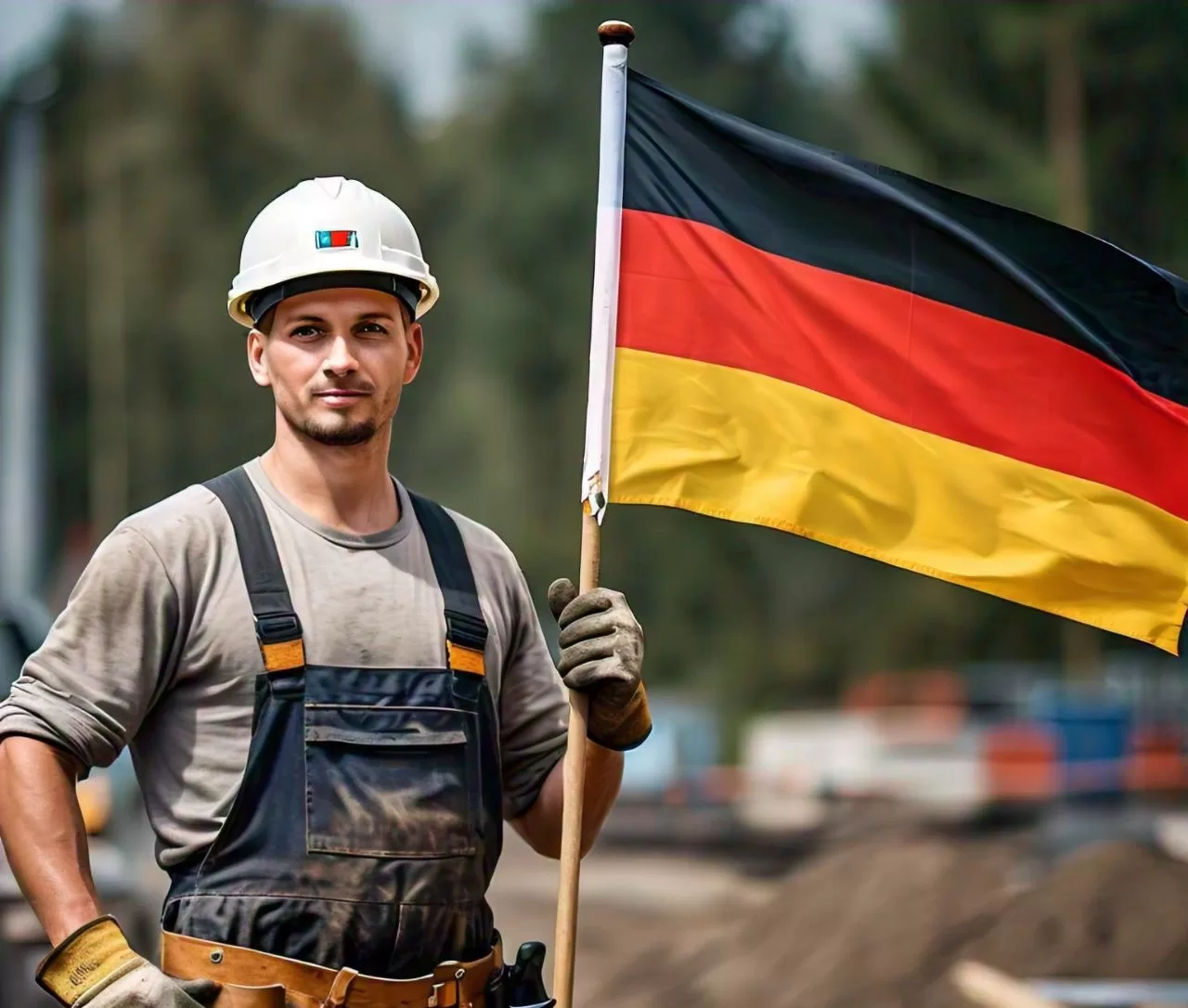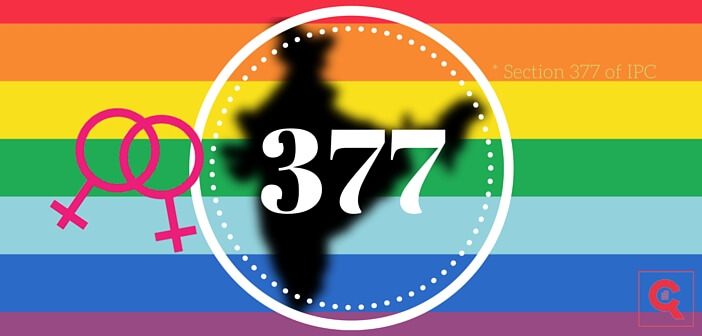Immigration is a journey of courage, complexity, and transformation. Every year, millions leave their homes to seek better opportunities, safety, or a fresh start. In 2024 alone, the United Nations reported that 281 million people lived outside their country of birth, a number that continues to grow. This article explores the intricate world of immigration, from visa processes and legal frameworks to the personal triumphs and challenges of adapting to new cultures. Through real-life stories, expert insights, and practical advice, we uncover what it means to build a life in a new land.
Understanding Visa Processes The First Step to a New Life
Securing a visa is often the most daunting hurdle for immigrants. Each country has its own labyrinth of rules, requirements, and timelines. For instance, the Netherlands, a popular destination due to its robust economy and high quality of life, offers several visa types, including the Highly Skilled Migrant Visa and the EU Blue Card. These are designed for professionals with specific skills, requiring proof of employment and a minimum salary threshold of €5,240 per month (as of 2025).
The process begins with identifying the right visa. For example, Germany’s Ausbildung visa caters to young people pursuing vocational training, while Canada’s Express Entry system prioritizes skilled workers based on a points-based system evaluating age, education, and experience. Applicants must gather documents like passports, educational certificates, and proof of funds—often a stressful task. “Preparation is key,” advises immigration consultant Maria Gonzalez. “Missing one document can delay your application by months.”
“I spent six months collecting documents for my UK Skilled Worker Visa,” says Aisha Khan, a 29-year-old engineer from Pakistan. “The hardest part was proving my English proficiency and securing a job offer from a UK employer. But once I got the visa, it felt like the world opened up.”
Practical tip: Start early, use checklists provided by embassies, and consider hiring a licensed immigration consultant to navigate complex requirements. Countries like Australia and Canada offer online portals to track application progress, which can ease anxiety.
Policy Shifts and Their Impact on Immigrants
Immigration policies are in constant flux, shaped by economic needs, political climates, and global events. In 2025, the Netherlands joined Germany, Spain, Italy, Austria, Hungary, Greece, and Denmark in tightening border controls within the Schengen Area, citing concerns over irregular migration. This shift has led to stricter checks and longer processing times for asylum seekers and family reunification cases. Meanwhile, Canada announced an increase in its 2025-2027 Immigration Levels Plan, aiming to welcome 500,000 new permanent residents annually by 2027 to address labor shortages.
These changes directly affect immigrants. For example, the UK’s post-Brexit immigration system introduced a points-based model, making it harder for low-skilled workers to enter. In contrast, Spain’s Digital Nomad Visa, launched in 2023, has attracted freelancers and remote workers with its promise of a straightforward path to residency for those earning at least €2,646 monthly.
“The Digital Nomad Visa was a game-changer,” says Carlos Mendes, a Brazilian graphic designer now living in Barcelona. “I applied online, showed my remote work contracts, and got approved in three months. Now I’m building a life in Spain while working for clients worldwide.”
Practical tip: Stay updated on policy changes through official government websites or trusted news outlets. Subscribing to immigration newsletters or joining online forums can also provide real-time insights from other applicants.
Challenges on the Path to a New Home
Immigration is rarely a smooth journey. Beyond paperwork, immigrants face emotional, financial, and social hurdles. Language barriers top the list for many. In Germany, for instance, 70% of immigrants report struggling with German proficiency, which is often required for jobs and integration programs. Financial strain is another challenge—visa fees, legal costs, and relocation expenses can easily exceed $5,000, not including the cost of living in high-income countries.
Discrimination and cultural isolation also weigh heavily. Fatima Al-Sayed, a Syrian refugee resettled in Sweden, recalls her early struggles: “I felt invisible. People were kind, but I didn’t know how to connect. Learning Swedish and joining a community center changed everything.” Her story highlights a common theme: the emotional toll of leaving one’s homeland and the effort required to rebuild a sense of belonging.
Practical tip: Research free or subsidized language classes offered by governments or NGOs. Many countries, like Denmark, provide integration programs that include language training and cultural orientation. Connecting with local immigrant communities can also provide emotional support.
Overcoming Financial Barriers
Moving to a new country often requires significant savings. For example, Australia’s General Skilled Migration program requires applicants to show proof of funds, often around AUD 10,000 for a single applicant. Budgeting for these costs is critical. “Save at least 20% more than you think you’ll need,” advises financial planner Rajesh Patel, who specializes in immigrant clients. “Unexpected delays or emergencies can derail your plans.”
Some countries offer support. Canada’s Settlement Services provide free assistance with housing, job searches, and financial planning for newcomers. Similarly, Austria’s integration fund offers grants for language courses and vocational training.
Success Stories The Rewards of Perseverance
Despite the challenges, many immigrants achieve remarkable success. Take Linh Nguyen, a Vietnamese software developer who moved to the Netherlands in 2022. After securing a Highly Skilled Migrant Visa, she landed a job at a leading tech firm in Amsterdam. “The first year was tough—learning Dutch, understanding workplace culture—but now I feel at home,” she says. Linh’s story reflects the potential for growth when immigrants are given opportunities to thrive.
In another example, Kwame Osei, a Ghanaian nurse, relocated to the UK through the Health and Care Worker Visa. Despite initial homesickness, he now leads a team at a London hospital. “The NHS gave me a chance to prove myself,” he says. “I’m proud to contribute to my new community.” These stories underscore the resilience and determination that define the immigrant experience.
Practical tip: Leverage professional networks like LinkedIn to connect with employers in your field. Many countries prioritize immigrants with skills in high-demand sectors like healthcare, tech, and engineering.
Cultural Integration Finding a Place in a New Society
Adapting to a new culture is both exciting and challenging. Simple differences—like punctuality in Germany or direct communication in the Netherlands—can catch newcomers off guard. In Italy, social life often revolves around family and food, which can feel overwhelming for those from more individualistic cultures. “Cultural misunderstandings are normal,” says sociologist Dr. Elena Rossi. “The key is to observe, ask questions, and be open to learning.”
Integration programs can help. Denmark’s Integration Act requires newcomers to attend cultural orientation courses, covering everything from societal norms to tax systems. In Canada, community centers offer workshops on resume writing, local customs, and even winter survival tips for those unaccustomed to harsh climates.
“I didn’t realize how formal Germans are at work,” says Priya Sharma, an Indian marketing professional in Berlin. “But after taking a cultural integration course, I learned to adapt my communication style. It made a huge difference in building relationships with colleagues.”
Practical tip: Participate in local events, such as festivals or volunteer opportunities, to build connections. Learning basic phrases in the local language can also go a long way in earning goodwill.
Preserving Identity While Embracing Change
Many immigrants grapple with balancing their heritage with their new environment. For example, second-generation immigrants in France often face pressure to assimilate while maintaining ties to their parents’ culture. Community organizations, like Somali diaspora groups in Sweden or Turkish associations in Germany, provide spaces to celebrate traditions while fostering integration.
“Don’t feel you have to choose between your past and your future,” advises Amina Hassan, a Somali-Canadian community leader. “Both can coexist.” Her organization hosts cultural festivals that bring together immigrants and locals, fostering mutual understanding.
Legal Guidance Navigating the System
Understanding immigration laws is critical to avoiding pitfalls. For instance, overstaying a visa can lead to deportation or bans on re-entry. In the US, the Deferred Action for Childhood Arrivals (DACA) program remains a lifeline for young undocumented immigrants, though its future is uncertain due to ongoing legal battles. In 2025, the EU introduced stricter penalties for employers hiring undocumented workers, emphasizing the need for legal compliance.
Hiring a lawyer can be expensive, but free legal aid is available in many countries. The UK’s Immigration Law Practitioners’ Association connects newcomers with pro bono services, while Australia’s Refugee Advice and Casework Service supports asylum seekers.
Practical tip: Always verify the credentials of immigration advisors to avoid scams. Official government websites are the most reliable source for legal information.
The Human Side of Immigration
At its core, immigration is about people chasing dreams, overcoming obstacles, and building new lives. From the Syrian refugee finding safety in Sweden to the Indian engineer thriving in Silicon Valley, each journey is unique yet universal. The challenges—paperwork, language barriers, cultural shifts—are real, but so are the rewards: opportunity, security, and a chance to belong.
As the world becomes more interconnected, immigration will remain a defining force. Policies will evolve, borders will shift, and stories will unfold. For those embarking on this journey, preparation, resilience, and community are the keys to success.













0 Comments